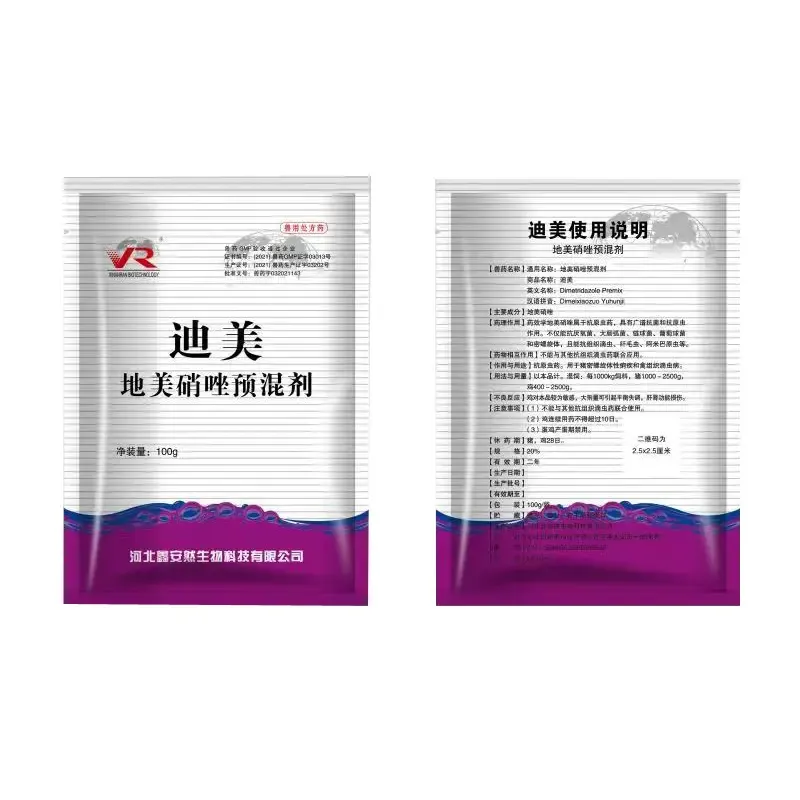- Afrikaans
- Albanian
- Amharic
- Arabic
- Armenian
- Azerbaijani
- Basque
- Belarusian
- Bengali
- Bosnian
- Bulgarian
- Catalan
- Cebuano
- Corsican
- Croatian
- Czech
- Danish
- Dutch
- English
- Esperanto
- Estonian
- Finnish
- French
- Frisian
- Galician
- Georgian
- German
- Greek
- Gujarati
- Haitian Creole
- hausa
- hawaiian
- Hebrew
- Hindi
- Miao
- Hungarian
- Icelandic
- igbo
- Indonesian
- irish
- Italian
- Japanese
- Javanese
- Kannada
- kazakh
- Khmer
- Rwandese
- Korean
- Kurdish
- Kyrgyz
- Lao
- Latin
- Latvian
- Lithuanian
- Luxembourgish
- Macedonian
- Malgashi
- Malay
- Malayalam
- Maltese
- Maori
- Marathi
- Mongolian
- Myanmar
- Nepali
- Norwegian
- Norwegian
- Occitan
- Pashto
- Persian
- Polish
- Portuguese
- Punjabi
- Romanian
- Russian
- Samoan
- Scottish Gaelic
- Serbian
- Sesotho
- Shona
- Sindhi
- Sinhala
- Slovak
- Slovenian
- Somali
- Spanish
- Sundanese
- Swahili
- Swedish
- Tagalog
- Tajik
- Tamil
- Tatar
- Telugu
- Thai
- Turkish
- Turkmen
- Ukrainian
- Urdu
- Uighur
- Uzbek
- Vietnamese
- Welsh
- Bantu
- Yiddish
- Yoruba
- Zulu
10 月 . 31, 2024 12:13 Back to list
Pet Hygiene Solutions for a Healthier and Happier Animal Environment
The Importance of Animal Sanitizers in Veterinary Care
In the ever-evolving field of veterinary medicine, the importance of maintaining a clean and safe environment for our animal companions cannot be overstated. One critical aspect of ensuring animal health and hygiene is the effective use of animal sanitizers. These specialized cleaning agents play a vital role in preventing the spread of diseases and infections among animals, particularly in veterinary clinics, shelters, and farms.
Animal sanitizers are specifically formulated to eliminate harmful pathogens, bacteria, and viruses that can pose significant risks to animal health. Unlike general-purpose sanitizers, these products are designed to be safe and effective for use around animals, making them an essential tool for veterinarians and animal caregivers.
The presence of infectious diseases in animals can lead to outbreaks that not only affect individual animals but can also have broader implications for animal populations and public health. For instance, conditions such as kennel cough, feline leukemia, and avian influenza can spread rapidly if proper sanitation measures are not employed. By incorporating animal sanitizers into routine cleaning protocols, veterinary practices and shelters can significantly reduce the risk of disease transmission.
animal sanitizer

One of the key benefits of using animal sanitizers is the peace of mind they provide to pet owners and animal caregivers
. Knowing that facilities are regularly sanitized with effective products helps build trust and confidence in the care being provided. This is particularly crucial for pet owners who may be anxious about their animals’ health, especially when they visit the vet for vaccinations or surgeries. A clean environment reassures them that their pets are less likely to come into contact with harmful pathogens.Moreover, animal sanitizers are not only beneficial for preventing disease but also for promoting overall animal welfare. Healthy animals are more likely to thrive, leading to fewer medical issues and a reduced need for complex treatments. This, in turn, can alleviate the burden on veterinary resources, allowing veterinarians to focus on preventive care and promoting a healthier animal population.
However, it is essential to recognize that the efficacy of animal sanitizers is linked to their correct application. Proper training for staff in the best practices for sanitization is paramount. This includes understanding the appropriate dilution ratios, contact times, and safe handling procedures for different types of sanitizers. Additionally, facilities should frequently review and update their cleaning protocols to adapt to any changes in regulations or emerging pathogens.
In conclusion, animal sanitizers are an indispensable part of maintaining hygiene and health in veterinary practices, animal shelters, and farms. They serve to protect against disease transmission, promote animal welfare, and build trust with pet owners. As the veterinary field continues to advance, the emphasis on effective sanitation measures will only grow, underscoring the critical role that animal sanitizers play in the future of animal care. By prioritizing cleanliness and safety, we can ensure healthier lives for our beloved animal companions.
-
The Power of Radix Isatidis Extract for Your Health and Wellness
NewsOct.29,2024
-
Neomycin Sulfate Soluble Powder: A Versatile Solution for Pet Health
NewsOct.29,2024
-
Lincomycin Hydrochloride Soluble Powder – The Essential Solution
NewsOct.29,2024
-
Garamycin Gentamicin Sulfate for Effective Infection Control
NewsOct.29,2024
-
Doxycycline Hyclate Soluble Powder: Your Antibiotic Needs
NewsOct.29,2024
-
Tilmicosin Premix: The Ultimate Solution for Poultry Health
NewsOct.29,2024













